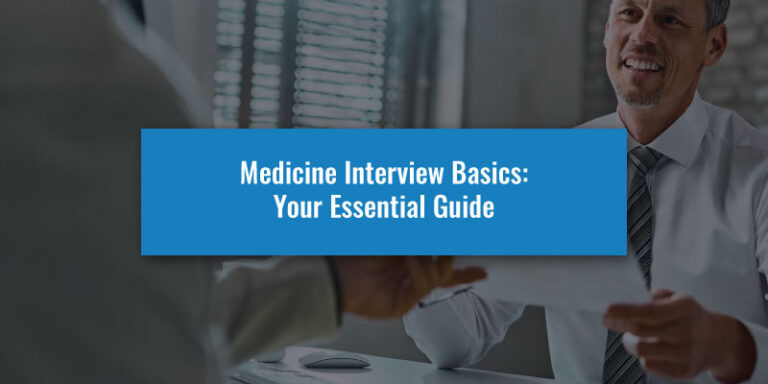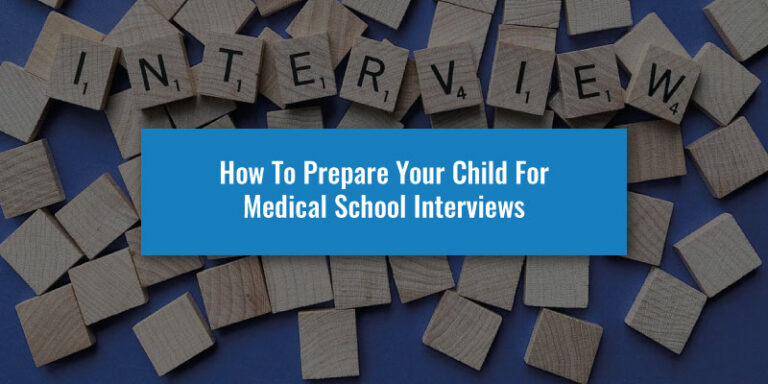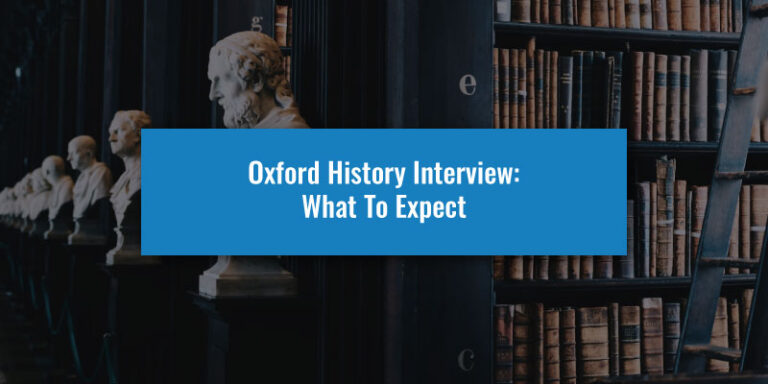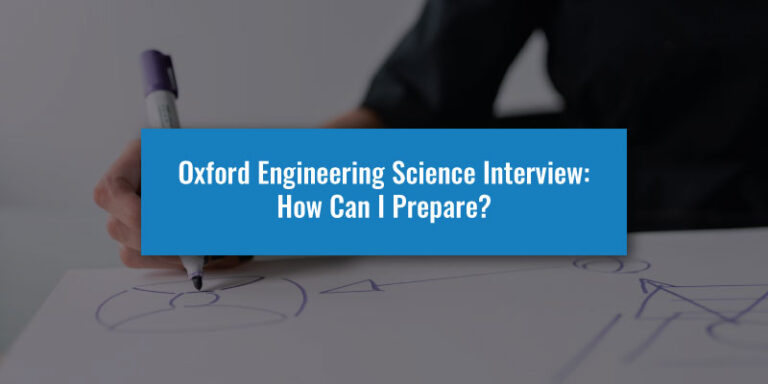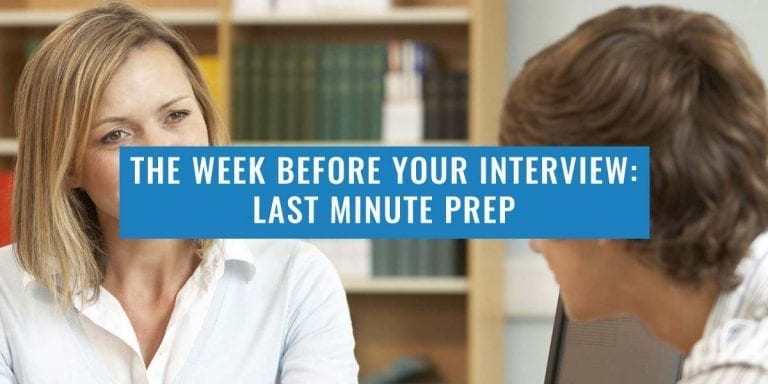When preparing for Oxbridge Interviews, it is important to practice constructing arguments as you would do in an essay, but with a few key differences.
From a young age, students are schooled in the art of essay-writing and how to structure written arguments. One such example is the PEEL framework (point, evidence, explanation, link to question) which often sees candidates through their schoolwork, exams, university entrance tests and beyond.
In this guide, we take you through the four steps to constructing a solid oral argument during an Interview.
1. Pause for thought
Whereas in an essay you will have ample thinking time before you put pen to paper, in an Interview, you will have a fraction of the same time to come up with an answer to a question.
This can be intimidating, and so many candidates launch straight into an answer rather than risk an awkward 20 seconds of silence with their Interviewers whilst they consider the question.
In fact, Interviewers like to see this consideration (especially over hard questions), so make sure to take a moment and think – just as you would before putting pen to paper.
2. Vocalise your knee-jerk response
Whilst also buying you time before you decide your final answer to the question, vocalising your initial thoughts also crucially shows the Interviewer how you think – which in essence is the whole point of the Interview.
This can also help you if you face a mind-blank, or remain unsure after your 20 seconds initial thinking time.
If you can take the Interviewer along your line of thought – e.g. ‘my gut instinct was that the government should operate for the greater good…however, upon consideration of x,y and z, it would seem that…’ – you demonstrate your ability to logically unfold an argument, and cannot be accused of jumping to the first answer that pops into your head.
Communicating With Admissions Tutors
The most important thing to do when communicating your answers is to think out loud. This will allow the Interviewer to understand your thought processes. They will then be able to help you out if you get stuck. Never give up on a question; show that you won’t be perturbed at the first sign of hardship as a student, and remain positive and demonstrate your engagement with the material.
3. Choose your evidence
As you would in an essay, choose your argument based on the most compelling evidence that you can muster. If you feel you can strongly make the case for one side, go for it.
Equally, if the evidence which comes to mind is more nuanced and complicates the answer, express this. Try and think of at least three examples to use in your answer before deciding your ultimate argument.
4. Link back to the question
Again, as you would in an essay at the end of a paragraph, make sure you link your answer back to the question at the end. It is all too easy when conversing to lose your focus and run away on tangents, so it is all the more crucial to refocus your answer at the end.
Moreover, unlike with an essay, you will have constant and immediate challenges posed by the Interviewer whilst you make your argument. It is therefore important to strike a balance between sticking to your guns, but also evolving your argument when presented with new information and different points of view.
Lastly, with this framework in mind, you can train yourself to answer questions in an Interview in the same focused way you would do in an essay.
Learn how to construct effective arguments through Mock Interview practice and One-To-One Tuition.
Our Interview Programmes are designed to give you the highest chance of an Oxbridge offer at the Interview stage. Your expert Oxbridge tutor will work with you based on your specific subject and personal circumstances to craft a strong Interview strategy, with practice sessions, that truly gives you an advantage that can make the difference between an offer and rejection.
Discover our Interview Programmes by clicking the button below to enrol and triple your chances of success.

